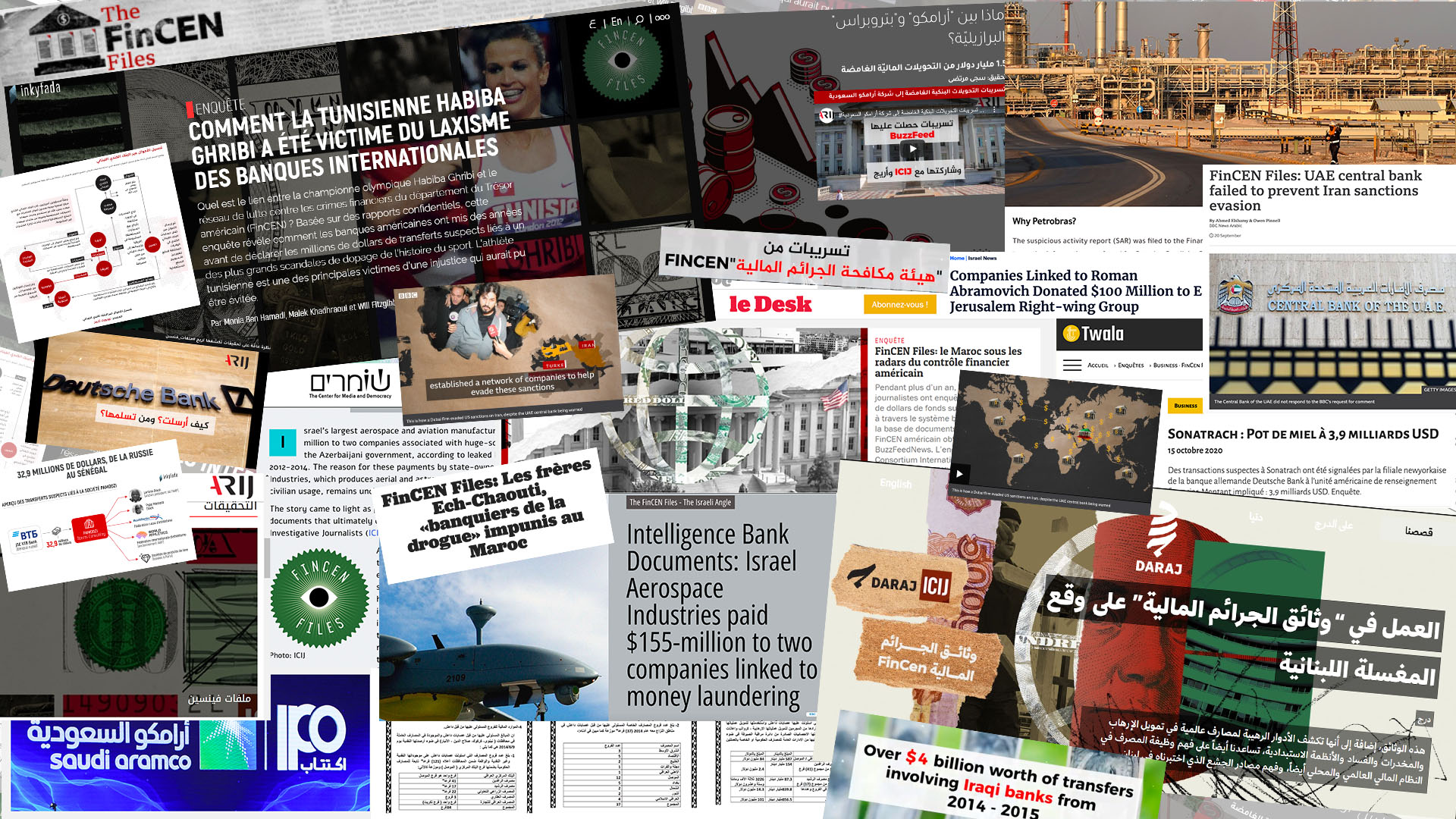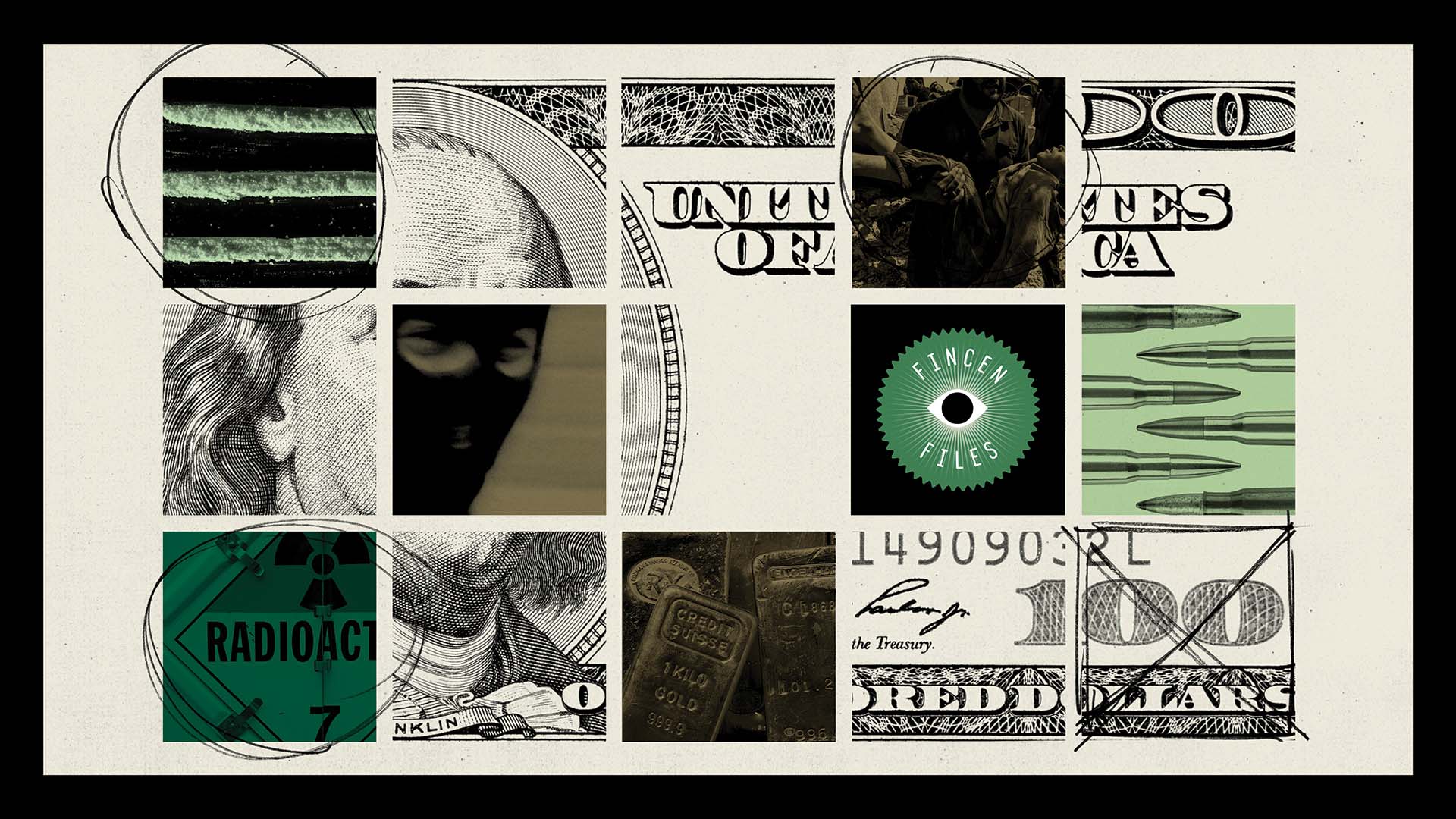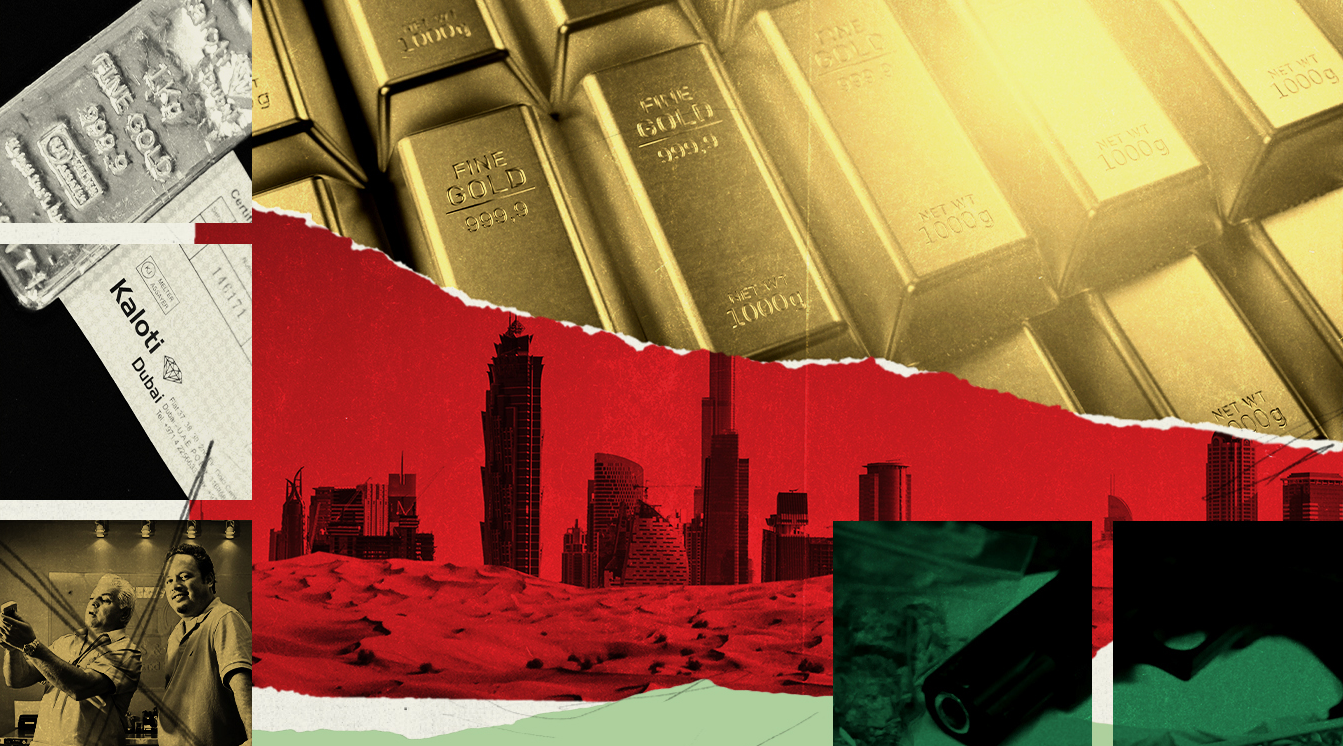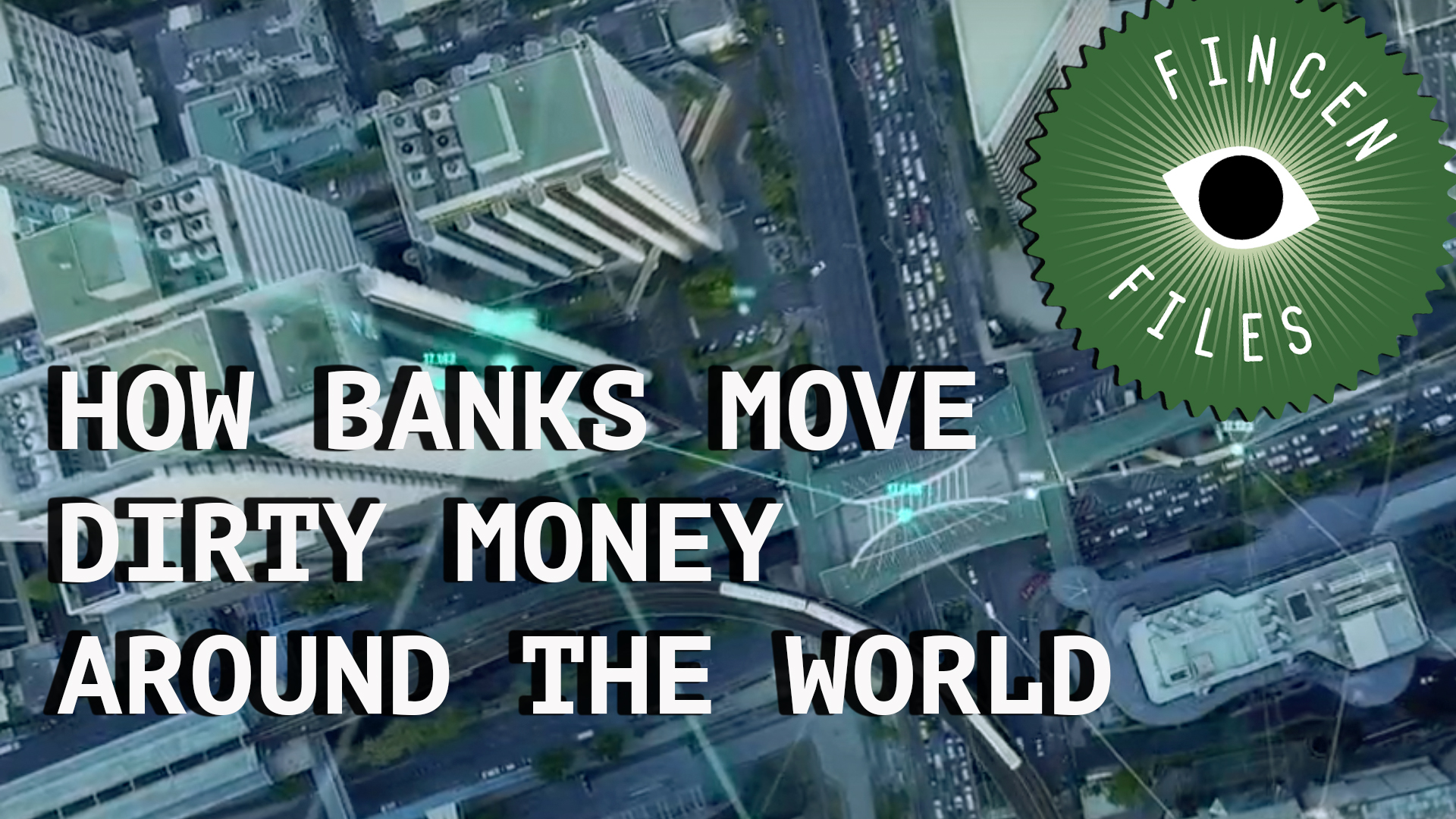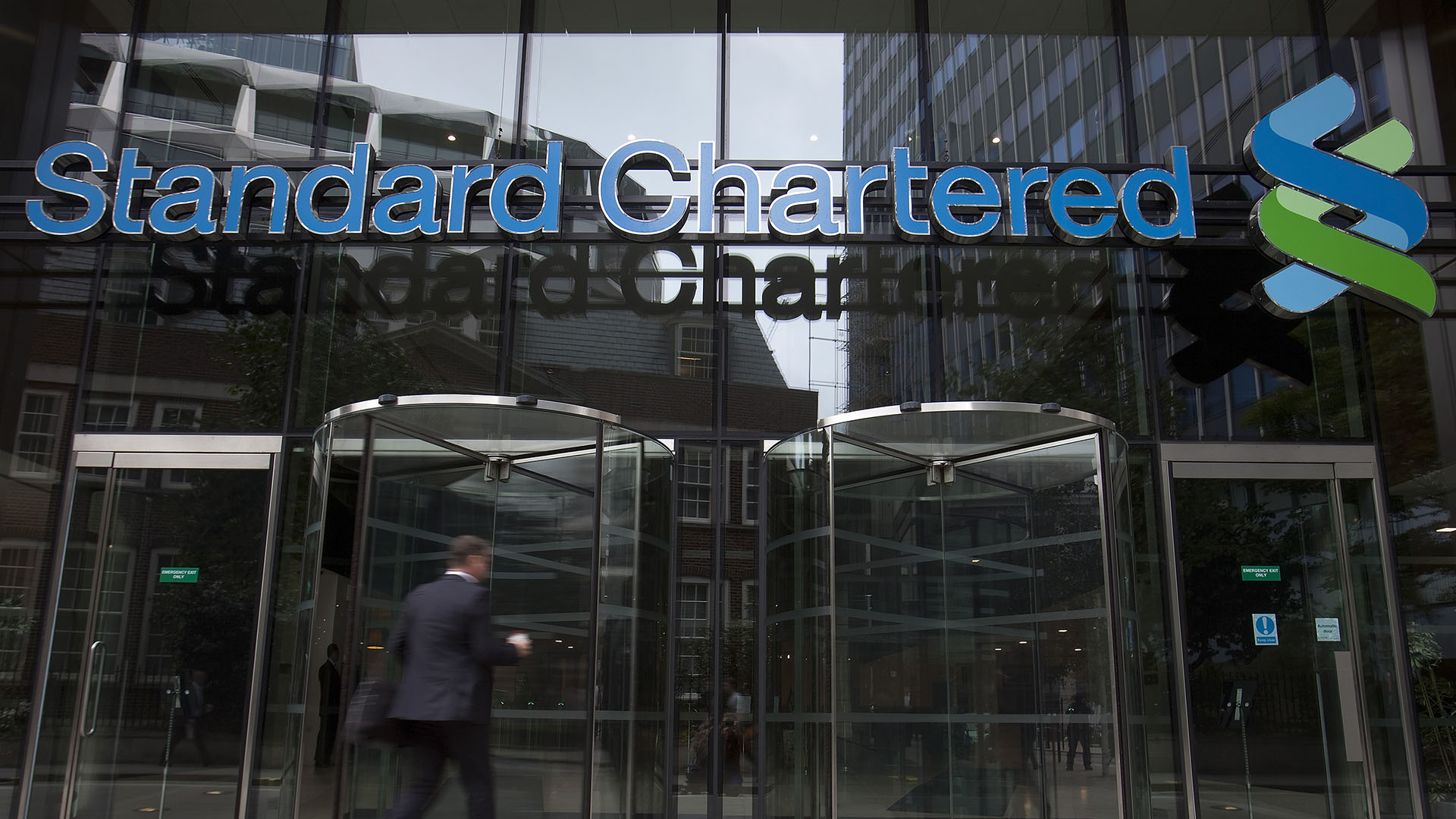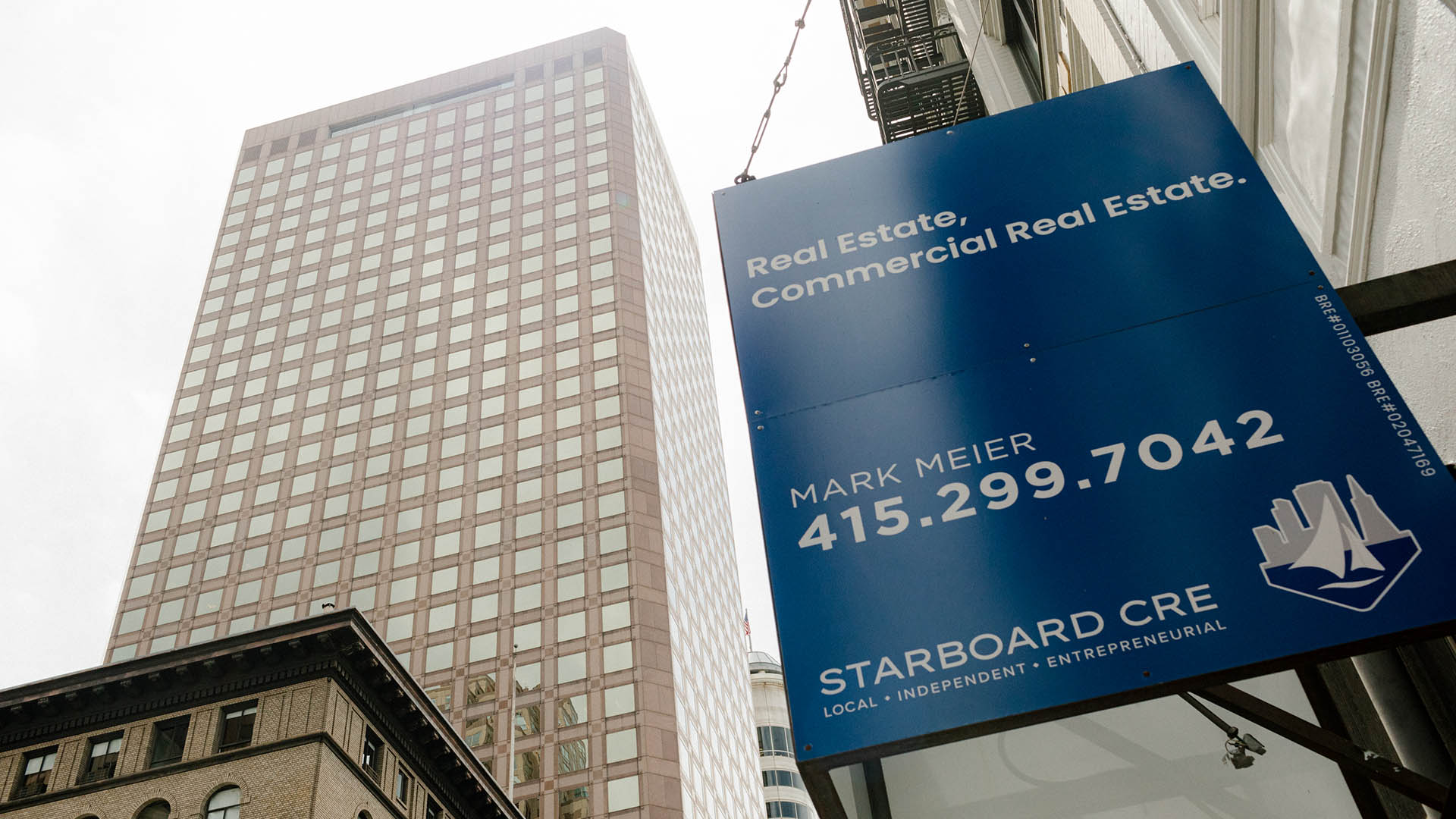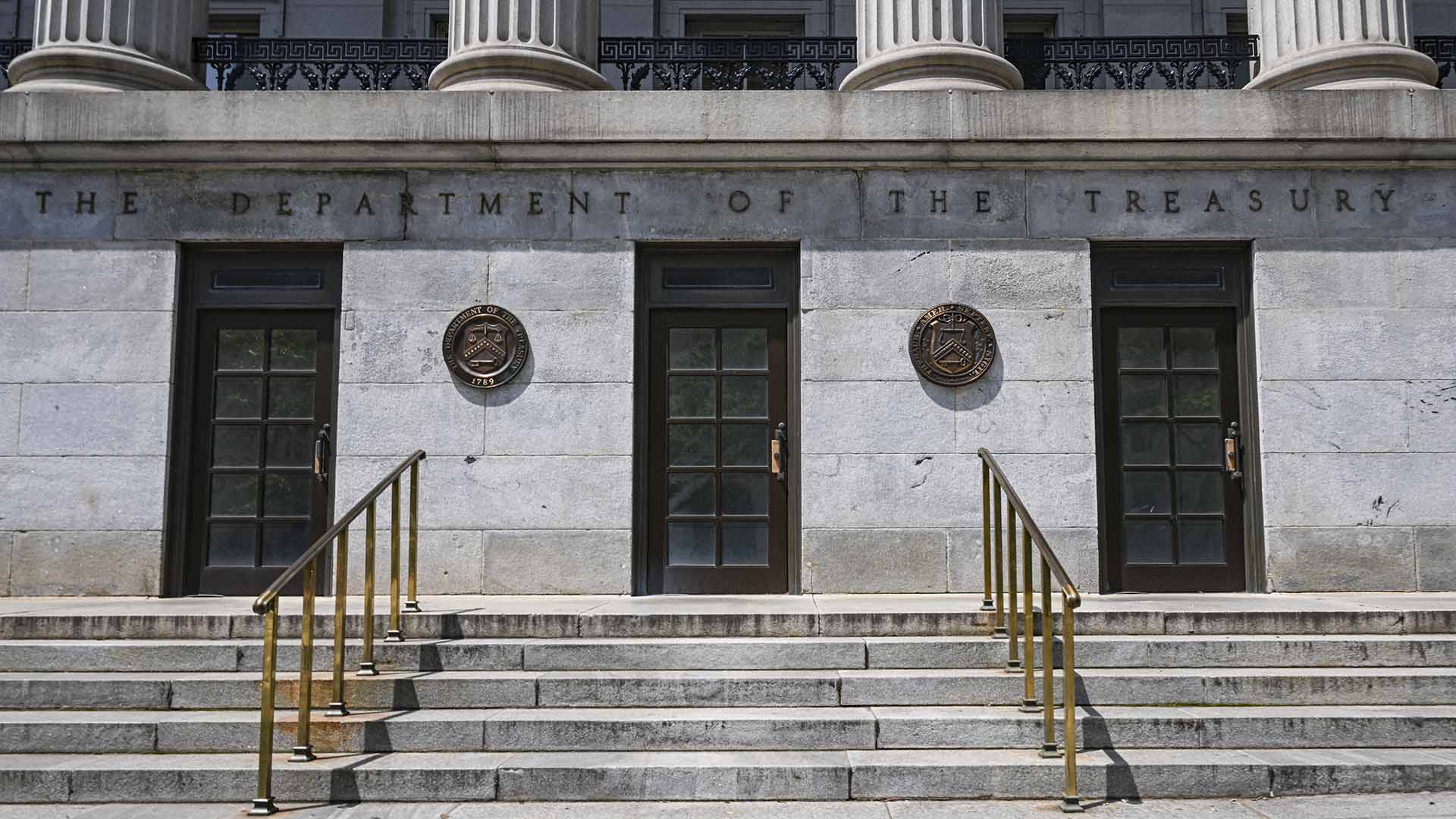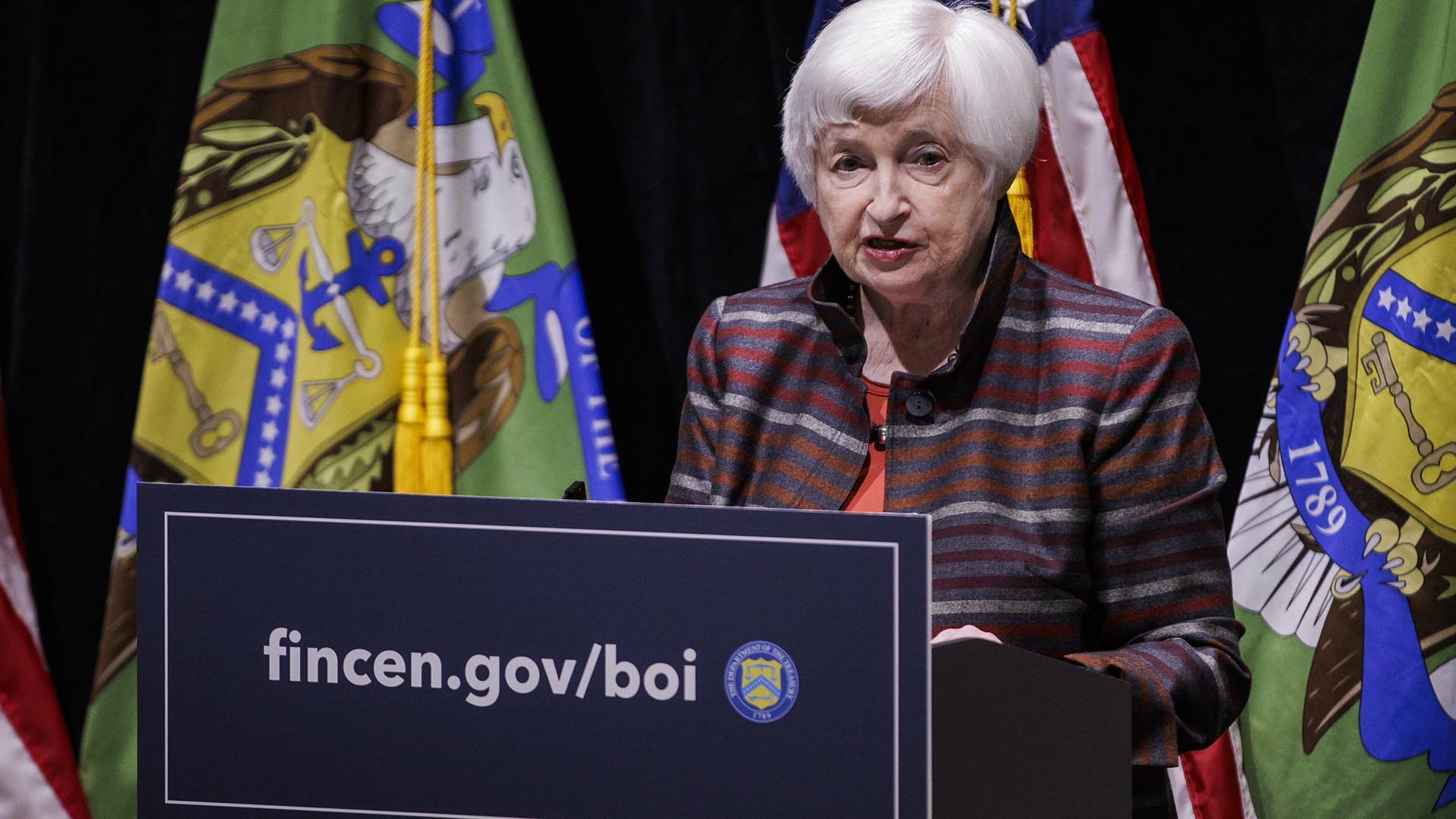From Morocco to Jordan, journalists across North Africa and the Middle East explored secretive reports that detailed billions of dollars in potentially suspicious transactions to and from the region’s most powerful companies and government institutions.
The investigations, which formed part of the FinCEN Files investigation, were based on more than 2,100 suspicious activity reports that banks send to a unit of the U.S. Treasury Department called the Financial Crimes Enforcement Network, or FinCEN. BuzzFeed News obtained the reports and shared them with ICIJ and more than 100 other media organizations.
In late 2019, Arabophone reporters who worked on the FinCEN Files investigation met in Amman, Jordan, with ICIJ reporter Will Fitzgibbon on the sidelines of the annual conference hosted by Arab Reporters for Investigative Journalism.
Countries in North Africa and the Middle East, known as the MENA region, have seen rapidly-growing rates of money leaking from their borders and beyond the control of national authorities, according to research by Global Financial Integrity, which tracks illicit financial flows. The Middle East is also a growing destination for dirty money from Africa, according to research by the nonprofit research institute, Brookings.
ICIJ previously covered some of Israel’s most explosive FinCEN Files investigations here.
Algeria
Twala, a news website co-founded by ICIJ member Lyas Hallas, revealed that Deutsche Bank flagged $3.9 billion in suspicious payments that involved Algeria’s corruption-ridden, state-owned oil and gas company, Sonatrach.
Sonatrach, its subsidiaries in Spain and the United Kingdom, and four employees were included in the suspicious activity report filed to FinCEN in March 2015, Twala reported. Sonatrach did not reply to Twala’s questions.
According to the report, Bank of Algeria, one of Sonatrach’s bankers, told Deutsche Bank that it had no reason to consider the transfers suspicious. Twala notes, however, that the suspicious activity report came after Algeria’s government had issued an arrest warrant for former energy minister, Chakib Khelil. The bank’s report does not tie Khelil to the suspicious payments.
“Investigations on Sonatrach are always complicated for a simple reason,” Hallas said. “It is difficult to get company employees to talk.”
Hallas said his FinCEN Files investigation was important because it shines a spotlight on transactions that have never been revealed publicly. “Opacity is the rule at Sonatrach and, therefore, any reporting on the company’s transactions, whether those transactions are criminal or not, contributes to transparency.”
Morocco
Le Desk, a Moroccan news website, explored the country’s connections to a vast gold smuggling ring. As part of the FinCEN Files investigation, ICIJ and partners reported U.S. officials investigated Dubai gold company, Kaloti, for buying the precious metal from sellers suspected of laundering money for drug traffickers and other criminal groups. The investigation was dropped, baffling U.S. officials. Kaloti denies wrongdoing.
Le Desk has followed the Kaloti saga for years, including interviewing Amjad Rihan, an auditor-turned-whistleblower who first discovered Kaloti’s connection to Morocco. Around 2013, Le Desk reported, Rihan learned that an unknown Moroccan provider sold gold to Kaloti in Dubai. The provider used fake customs documents and painted the gold bars with a thin silver veneer to avoid export restrictions as the bars were flown out of Mohammed V airport in Casablanca by couriers. At least two Moroccans are known by officials to be involved in the trafficking, Le Desk reported, but Moroccan officials have done nothing.
“The Moroccan banking system, despite being one of the most sophisticated in Africa, is still reluctant to control the movement of suspicious cash,” Le Desk’s founder, Ali Amar, told ICIJ.
The fact that the Moroccans suspected of involvement in the trafficking of goods have never been investigated was, paradoxically, helpful for Le Desk’s reporters. “The impunity they still enjoy in Morocco has made them less cagey, with their names appearing on the trade registers of their companies!” Amar said.
Saudi Arabia
ARIJ reported on more than $1.5 billion sent to Saudi Arabia’s state-owned oil company, Aramco, by the Brazilian oil giant, Petrobras. It is the first time that journalists have revealed detailed money flows between the companies.
Deutsche Bank filed suspicious activity reports involving Aramco and Petrobras because of the latter’s involvement in “allegations of bribery, corruption and money-laundering,” according to documents from the FinCEN Files. There is no suggestion that Aramco was involved in wrongdoing.
ARIJ reported that despite the significant payments, the companies’ annual reports, investor reports and press releases at the time never specified agreements between the oil giants. Aramco said in response that it has commercial agreements with Petrobras but “does not, as a matter of policy, comment on the terms and conditions.”
ARIJ also reported on suspicious transfers to and from banks in Iraq and PNC Bank’s confusion over transfers that it feared may have come from the family of former Egyptian dictator, Hosni Mubarak.
“The FinCEN Files was a really important project for the Arab world as it shed light on how international banks and their regional branches are able to facilitate money laundering and corruption with such little oversight,” said ARIJ editor, Mohammed AlKawmani.
“Confronting individuals, governments, and companies with such sensitive and potentially incriminating information was sometimes dangerous and we were often threatened with legal action at the fact that we possessed this information in the first place,” AlKawmani said.
Tunisia
Inkyfada in Tunisia reported in detail on one of the country’s most high-profile victims of money laundering.
Habib Ghribi finished second in the 3,000 meter steeplechase at the 212 London Olympics. It later emerged that the Russian gold medalist’s positive drug test was concealed as part of a widespread doping and bribery scheme. The FinCEN Files showed that the scheme’s primary architects, a Senegalese father-son duo at the International Association of Athletics Federations, paid millions to shadowy companies and luxury shops in what financial experts told ICIJ looked suspicious. The duo, Lamine Diack and Papa Massata Diack, were found guilty of corruption offenses weeks before the publication of the FinCEN FIles.
Ghiribi was later awarded gold after athletics’ officials stripped the Russian of her medal. “I wanted a real ceremony,” Ghribi told Inkyfada.
United Arab Emirates
BBC Arabic, which partnered with ICIJ for the first time on the FinCEN Files investigation, found that the United Arab Emirates’ central bank failed to act on warnings about a Dubai company that helped Iran evade sanctions.
Gunes General Trading moved $142 million through the UAE financial system between 2011 and 2012, BBC Arabic reported. In 2016, U.S. prosecutors alleged that the company was part of a network that helped the Iranian government and other entities blacklisted under U.S. sanctions.
BBC Arabic reported Standard Chartered bank contacted the UAE’s central bank in 2012 after noticing hundreds of suspicious transactions. The UAE’s central bank said the company’s account with Standard Chartered was closed, but BBC Arabic reported that Standard Chartered told the central bank that Gunes General Trading “continued its suspicious activity” through two UAE state-owned banks.
“This case brings into question the extent to which the UAE Central Bank took” its responsibility to protect the integrity of the financial system seriously, Tom Keatinge, director of the centre for financial crime and security studies at the Royal United Services Institute, told BBC Arabic.
“Finding sources who can talk and explain what is going on inside the central and local banks was the biggest challenge in reporting,” said Ahmed El Shamy, a senior investigative reporter with BBC Arabic.
